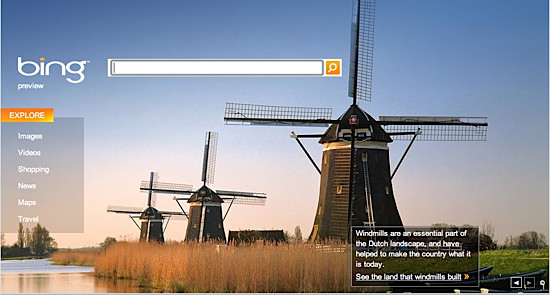Interesting enough, Bing has decided to go into the directory business, launching “Editors’ Pick.” This to some may be a pointless maneuver as it seems to be going in the wrong direction, or at least a flash back to 2000 when Yahoo was a directory that everyone used. However, some may see it as a new opportunity to be told what is interesting on the web, as everyone already uses search and might want more direction of where to find interesting and new things.
However, Google thinks otherwise and just this July killed off the Google Directory exclaiming that “We believe that Web Search is the fastest way to find the information you need on the web.”
A search engine is a machine – or a robot. A human may program algorithms for a search engine, but humans have nothing to do with your site when the spider is visiting your site or when the engine is ranking your pages. Google.com is an example of a search engine.
For the most part, humans compile directories. Dmoz.org (Open Directory Project) is an example of a directory. When you submit your site to Dmoz, a human will review your site for consideration in the Dmoz directory of web sites.
A search engine has a very large database because it will store several pages of every web site it indexes. A directory will only store a link to the home page of each site and a description. Search engines will take the description either from some of the sentences on the web page or from the description meta tag. A directory will take the description from your submission information.
Each major search engine is usually associated with a directory. For instance, when you go to Google and you type in a search, you are getting results from all the web sites stored in Google’s database. It is believed that Google’s algorithms are also programmed to place emphasis on sites that are also listed in the Dmoz directory. However many top SEO’s argue this holds less weight today.





